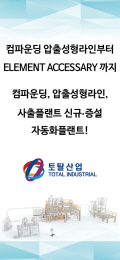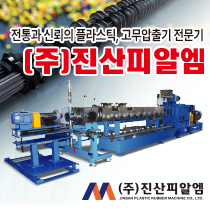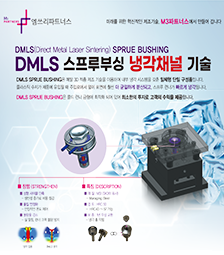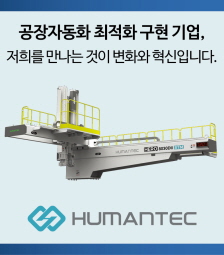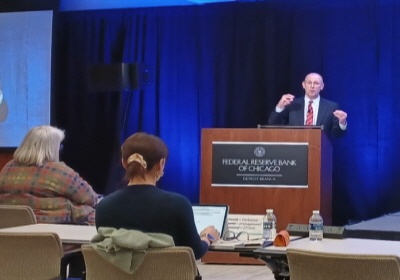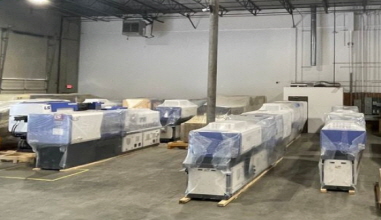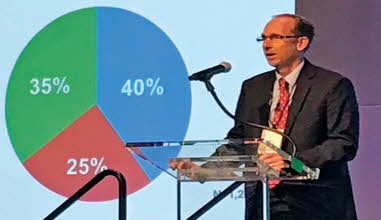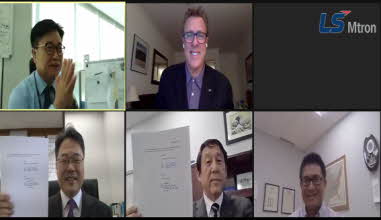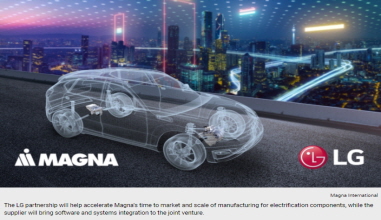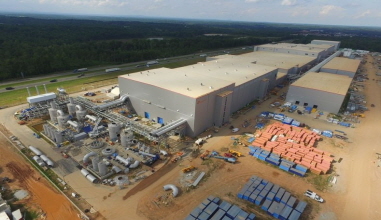Business & people
Georgia battery plant project awaits verdict
Georgia battery plant project awaits verdict
The legal question could create dire complications for two closely watched vehicle programs: Ford Motor Co.'s planned F-150 electric pickup and Volkswagen's upcoming global family of EVs.
The nub of the situation is whether the Georgia battery supplier, SK Innovation of South Korea, is using stolen intellectual property for the batteries it plans to make — a claim SK denies.
Sources familiar with SK's situation say the company has a limited number of options if LG Chem's allegations are upheld.
It can seek a special review by the Office of the U.S. Trade Representative on grounds that abandoning the Georgia project would cause undue hardship for the U.S. auto industry. That avenue ultimately would require the involvement of the U.S. president, just as a contentious election is taking place.
Another option would be for SK and LG Chem to negotiate a settlement — a common outcome in high-stakes legal impasses such as this. There has been speculation in the Korean press that such negotiations are already in progress.
Meanwhile, state officials have warned that the worst-case scenario of shutting down the project will hurt Georgia's economy. The state is providing $300 million in incentives to support the battery plant.
The issue illustrates some new auto industry realities: The competition in EVs requires vast amounts of industrial investment to produce batteries. And despite the nature of EV batteries as seeming commodities, they are highly engineered components that cannot easily be re-sourced or redesigned.
Both the individual battery cells and battery systems use plastics extensively for separation film, connectors and structures.
This year, Ford weighed in on the SK-LG Chem standoff with a letter through its attorneys to the International Trade Commission. Ford is counting on the SK batteries for its electric F-150, and no other "EV battery supplier is able to provide EV battery cells that satisfy Ford's technical or U.S. supply requirements for the fully electric F-150," said the letter submitted by law firm Duane Morris. "EV batteries cannot simply be swapped like batteries in a flashlight."

